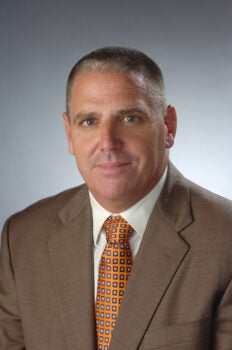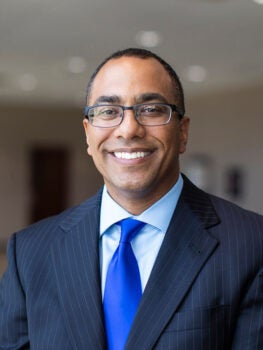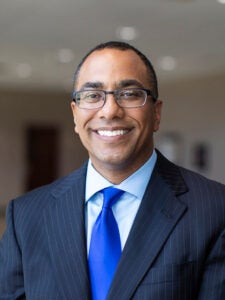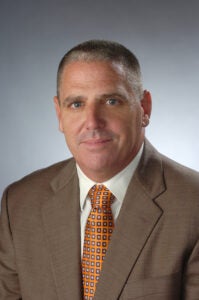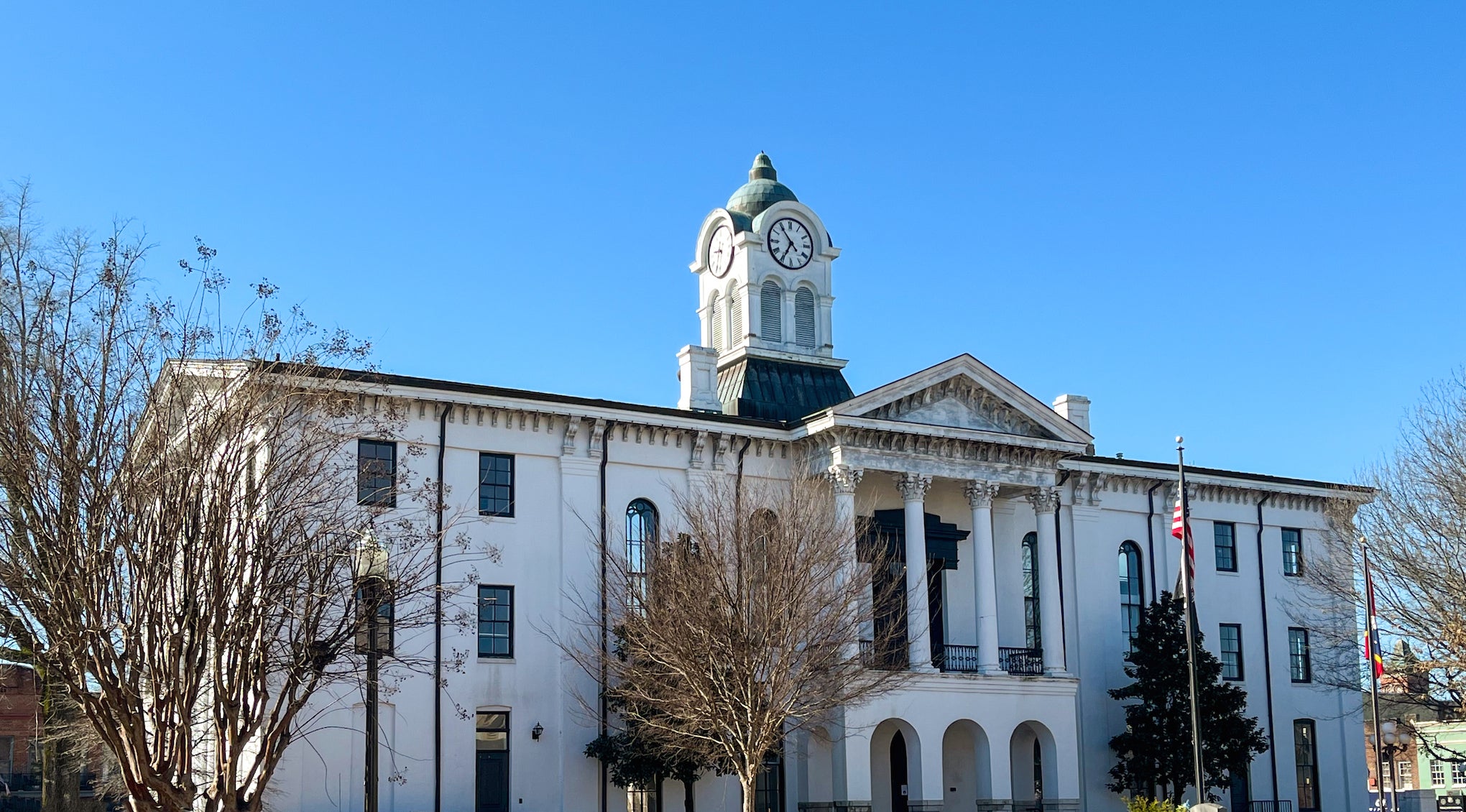Three sports law experts to discuss future of college athletics
Published 12:14 pm Tuesday, February 20, 2024
Mississippi Sports Law Review Symposium brings experts to campus
By Clara Turnage
University of Mississippi Communications
Universities across the country are grappling with the issue of how to treat – and compensate – student athletes. But what are the repercussions when college athletes become college employees?
Three experts in sports law will talk about the future of college athletics at 12:30 p.m. March 1 in Weems Auditorium at the University of Mississippi School of Law’s 14th annual Mississippi Sports Law Review Symposium. The discussion is free and open to the public.
David A. Grenardo, professor of law at the University of St. Thomas; Paul H. Haagen, professor of law at Duke University; and John T. Wolohan, professor in the Falk College of Sport and Human Dynamics at Syracuse University, will discuss emerging issues in sports law, particularly those surrounding student-athletes.
“Our panelists are all important voices in the future of college sports, and these are the topics du jour,” said William Berry, associate dean for research and Montague Professor of Law, a sports law expert who will moderate the symposium. “At the moment, college sports is really in flux. While there is quite a lot happening in the world of sports, we are facing generation-changing issues in college athletics.”
On Feb. 5, the National Labor Relations Board ruled that Dartmouth student-athletes are employees of the university and, therefore, have the right to unionize. This decision is just the latest in an ongoing national conversation regarding how universities should treat their student-athletes, Berry said.
Already, several cases, including Johnson v. NCAA in the U.S. Third Circuit Court of Appeals, have asked the courts to determine whether student-athletes are employees and whether the NCAA amateurism rules violate antitrust law.
Were all universities to pay athletes like employees, the players could begin negotiating far more than just third-party name, image and likeness deals, Wolohan said.
“With their legal status from student to employee, athletes are looking forward to the benefits such a change could bring to them,” Wolohan said. “For example, students will need to be paid at least minimum wage – in 2024, the federal minimum wage is $7.25 per hour – and overtime.
“Students can negotiate working conditions, practice time, out-of-season practices and other benefits.”
The unintended consequences of these new benefits, however, could be detrimental to both students and the universities, Berry said.
“Nonrevenue sports hinge on the way we handle this issue,” he said. “If colleges can’t afford to pay student-athletes, that could end up relegating nonrevenue sports like tennis, soccer, golf, even baseball to club sports.”
Behind many of these conversations is the discussion surrounding sports betting, which is a large driver of revenue for many sports, he said.
Many states have recently legalized sports betting, despite concerns for student-athlete health. The Mississippi House passed a bill to the Senate on Feb. 1 that would legalize mobile sports betting.
“Sports betting is in the background of all of this,” Berry said. “A huge number of people who watched the Super Bowl didn’t care about Taylor Swift or the 49ers. They cared about their bets.
“Gambling gets the eyeballs and advertisers want the eyeballs, and that revenue trickles down to the universities and the athletes.”
This commercialization of college sports could ultimately lead to the death of many well-loved traditions – with trends like players skipping bowl games or the end of the once-loved Pac-12, Berry said.
“That’s what we’ll be talking about,” he said. “It’s not just one issue; it’s the future of college sports.”


